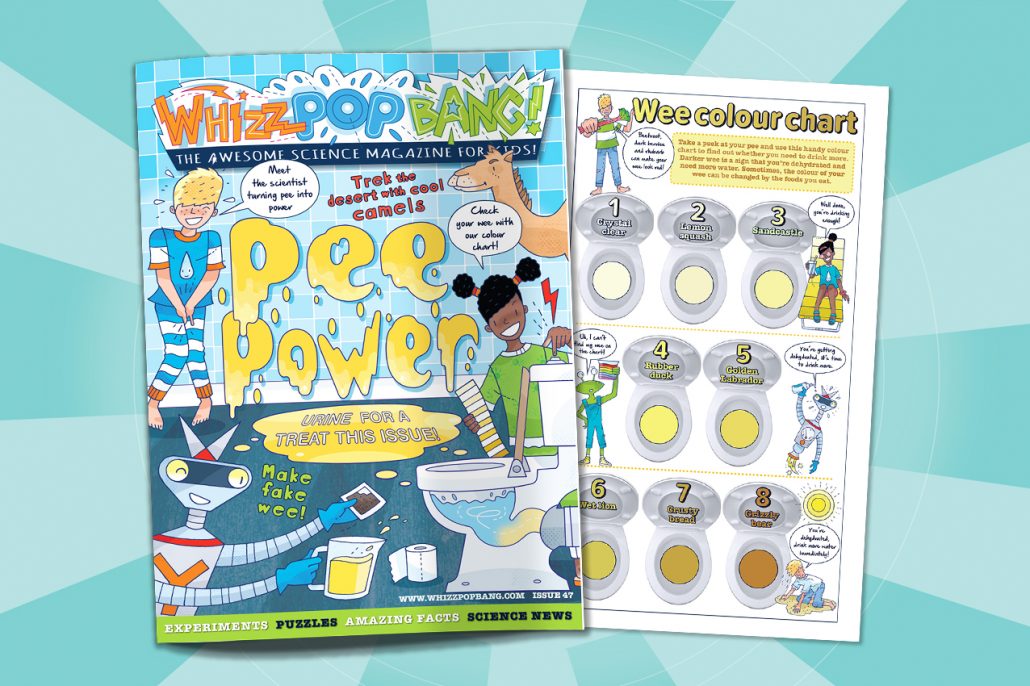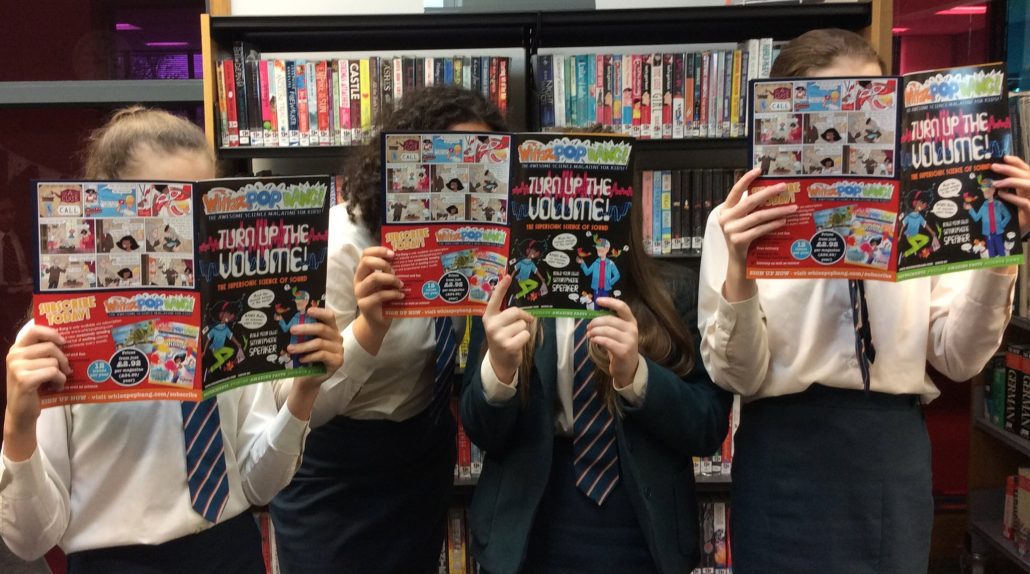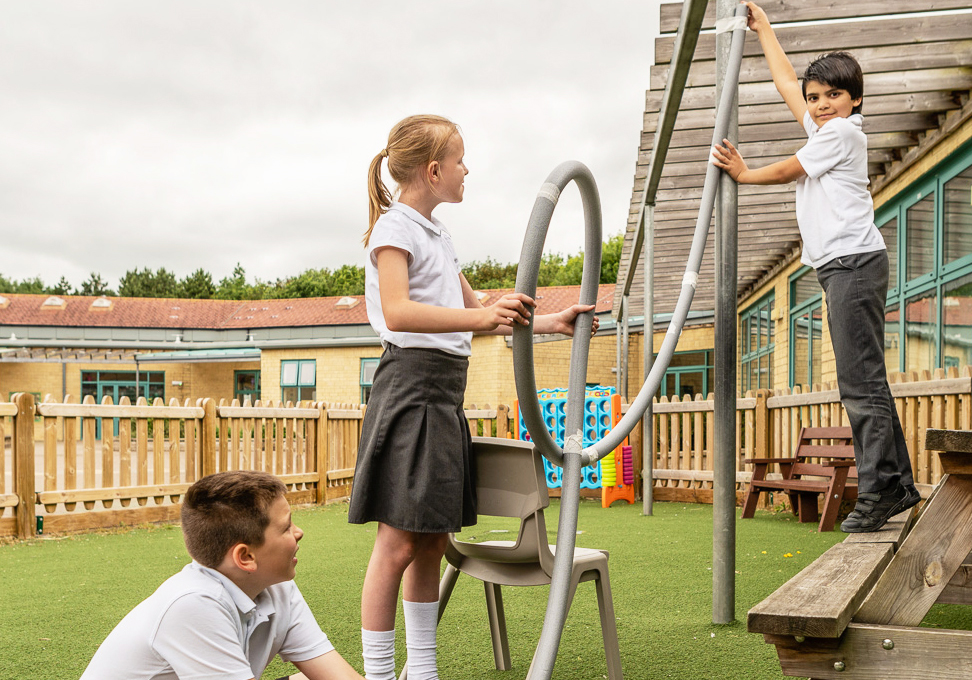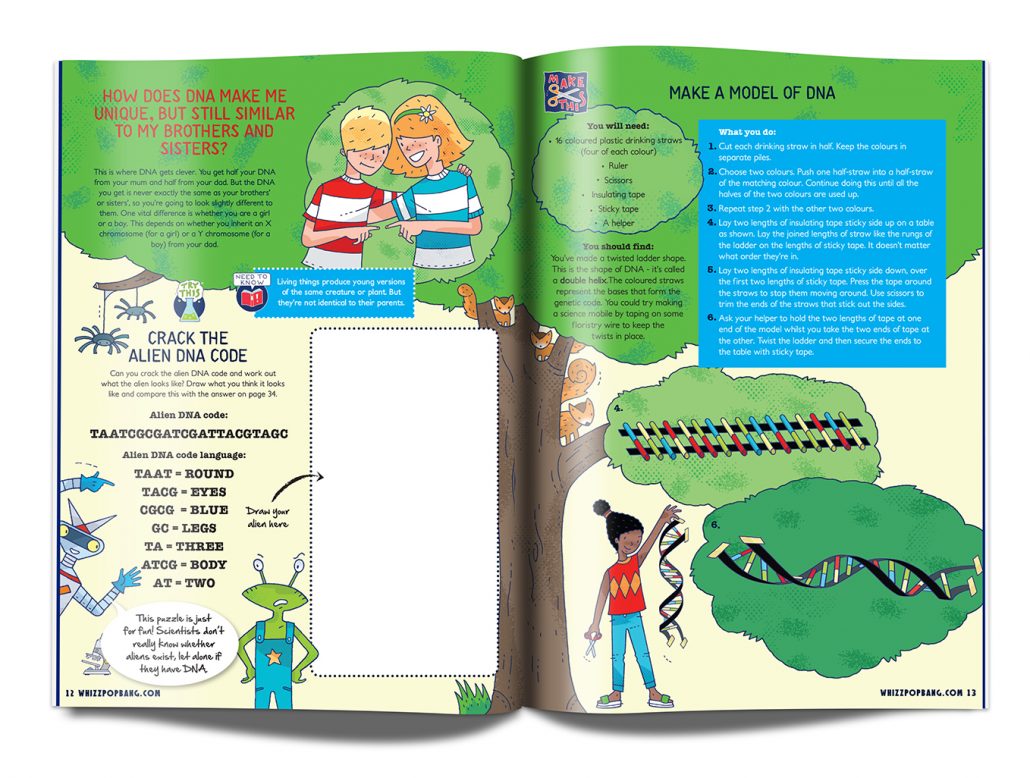Whizz Pop Bang is the world’s most awesomely amazing kids’ science magazine, bursting with hands-on experiments, facts and fun, and we want to help support you when teaching your children about science!
Here is a FREE science reading comprehension about crabs which will help you entertain, excite and educate any primary aged child! It’s been written by our experts to teach your year 2 child all about living things and habitats, your P3 child about biodiversity and interdependence.
Our free science worksheets are downloadable and printable and are designed for children from 6 to 12, but this downloadable activity is particularly perfect for year 2, P3 (Scotland) and 6-year-olds and 7-year-olds as they tie in with the relevant National Curriculum objectives and topics.
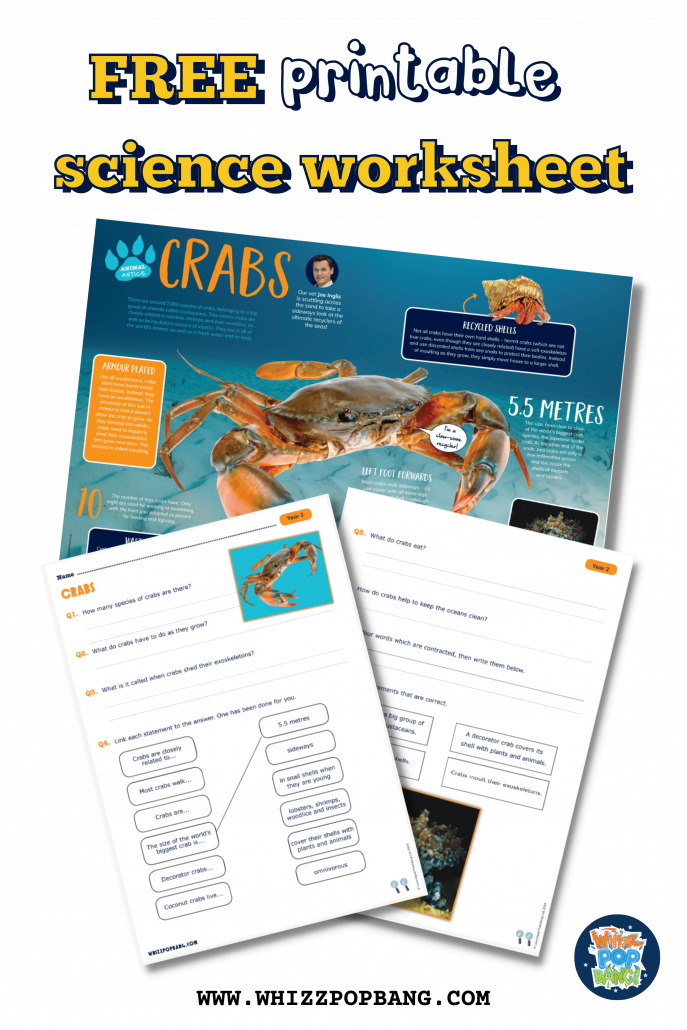
Read about the ultimate recyclers of the seas, crabs! Discover why these cool crustaceans have an exoskeleton, how they walk and more!
This downloadable reading pack includes:
– A reading spread about crabs for you to print or for your child to read on a tablet.
– Reading comprehension question sheet and answer sheet.
Topic links: Year 2 living things and habitats, P3 Biodiversity and interdependence
The reading comprehension included here was designed to be read at A3 size, so text may appear too small when printed at A4. They work really well on a tablet or monitor, or you may need to print them on two pages of A4 if your printer allows.
If you have any comments or questions about our free year 2 science experiments and reading comprehensions, please leave a comment for us. Or do you have any science homeschool ideas or general home educating ideas for 6- and 7-year-olds? We’d love to hear from you!
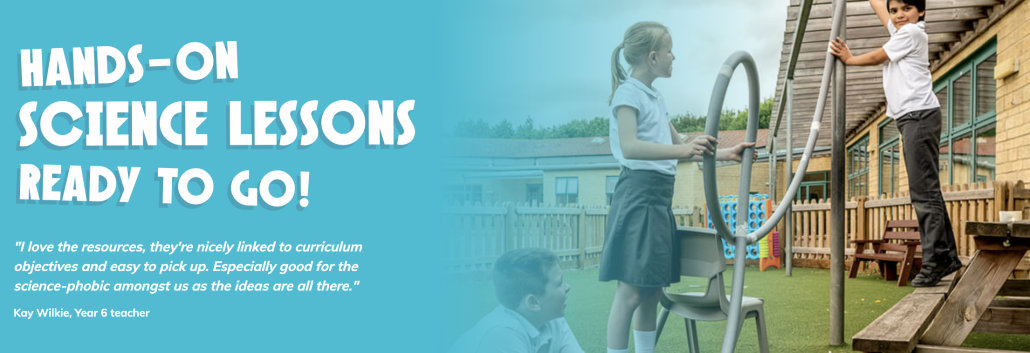
Whizz Pop Bang magazine and teaching resources are brilliant ways to enhance your school’s science teaching:
- We provide downloadable science lesson plans, PowerPoint presentations, hands-on investigations and science reading comprehensions written by primary school teachers.
- Whizz Pop Bang teaching resources link to the National Curriculum, ensuring correct coverage.
- All of our resources are year group specific, ensuring progression between the years.
- We make cross-curricular links to other subjects, such as English, Maths, History, Geography, Art, Design and Technology and PSHE.
Prices from as little as £197.99 per year for a copy of Whizz Pop Bang magazine through the post each month and whole-school access to our ever-growing library of downloadable teaching resources, with unlimited teacher logins.
We’ve also launched a new individual membership option so teachers and home educators can access all of our amazing downloadable resources for just £20 for the whole year.

